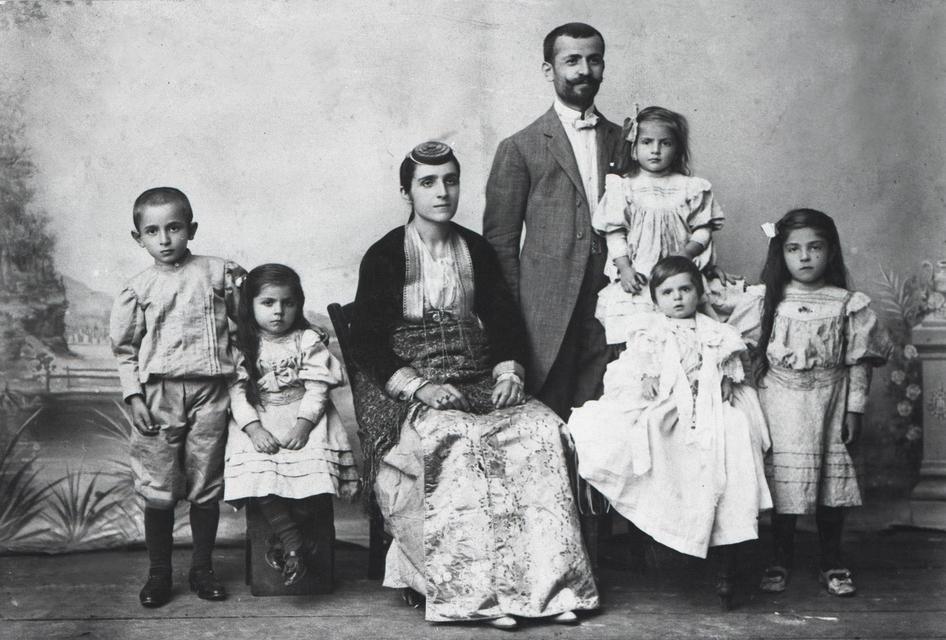
There was a time when a man’s word was his bond. He would never think of violating that standard to go back on what he had said. Those days seem to be long in the dust. As what may be the longest political campaign for the presidency of these United States begins, one wonders where integrity has gone. Our current batch of politicians will seemingly say anything in order to procure votes for themselves or for their particular brand. One day they will hurl an endless barrage of insults against their opponents only to clap them on the back the next day when they have dropped out and endorsed the mudslinger. Additionally, there are calls to prosecute and lock up opponents when those making the accusations are equally guilty of said offense. Where is the integrity? Where is the honesty? Is it okay to be a total hypocrite and accept what ‘our guy’ is doing and attack ‘their guy’ for the same?
We may wonder what God would think about all this. If we consult His word, however, we wouldn’t have to wonder for long. The principles are there in the Old Testament writings. Integrity, honesty, and righteousness are all to be desired. David wrote, “The LORD judges the peoples; vindicate me, O LORD, for the righteousness and blamelessness that are mine. Let the evil of the wicked come to an end, but establish the righteous; he who probes the mind and conscience is God the righteous” (Psalm 7:9-10). Solomon also penned these words, “The integrity of the upright guides them; The deviousness of the treacherous leads them to ruin” (Proverbs 11:3). God is not pleased when we abandon what He says is right or wrong because we think that it will earn us money, fame, or power. “Better is the poor who walks in his integrity Than one who is perverse in his lips, and is a fool” (Proverbs 19:1).
Our political system has become so convoluted that we just accept that this is the way it is. We expect our leaders to lie to us and stretch the truth. We expect them to promise us what we know in reality they cannot deliver. They too know that they cannot deliver while they are making the promises. We’ve come a long way from letting our ‘yes’ mean yes and our ‘no’ mean no. Then we sit back and wonder why we don’t have any better candidates to choose from. What honest person in their right mind would want to dive into this polluted pool?
So what’s the answer? What should we do? Jesus never taught us to worry about politics per se. To overcome the worries that we might have Jesus says that we must seek first His kingdom and His righteousness (Matthew 6:33). We need to focus on doing what is right. Upholding and defending those who practice iniquity just because they are on our side of the political aisle is not the righteousness of God. We need to pray for our leaders and hope that they will do what is right, no matter what letter is behind their name. ”Therefore I exhort first of all that supplications, prayers, intercessions, and giving of thanks be made for all men, for kings and all who are in authority, that we may lead a quiet and peaceable life in all godliness and reverence. For this is good and acceptable in the sight of God our Savior, who desires all men to be saved and to come to the knowledge of the truth” (1 Timothy 2:1-4).
Before you say that you cannot pray for our leaders because of how evil they might be, just keep in mind that when Paul penned the words above to pray for the authorities Nero was Emperor of Rome. If Paul could pray for that guy, we can pray for our leaders now. God wants for all men to be saved. Let us direct our energy towards that endeavor instead.






 If we are like most people, somewhere amongst all of our belongings there is a family photo album or two. From time to time we like to take out that photo album and relive the memory of lost loved ones or special times and events in our life. Maybe we gather around with others in our family and share stories from the past. Family is important and makes us feel like we belong to a group with a common background, common experiences, and a shared heritage. Just imagine for a moment what it would be like if God had a family photo album. Whose pictures would be in that album?
If we are like most people, somewhere amongst all of our belongings there is a family photo album or two. From time to time we like to take out that photo album and relive the memory of lost loved ones or special times and events in our life. Maybe we gather around with others in our family and share stories from the past. Family is important and makes us feel like we belong to a group with a common background, common experiences, and a shared heritage. Just imagine for a moment what it would be like if God had a family photo album. Whose pictures would be in that album? Have you ever prayed for God to take care of some problem that you had, and then wondered what the answer to that prayer would be? It is especially difficult for us as Americans to be patient in waiting for a response. We are so accustomed to fast food, microwave ovens, and instant messaging that we expect immediate results. Additionally, it may be that the answer to our prayer is “not now,” and so we have to wait awhile for the result. This is a normal situation, but during the time of Hezekiah, he received an instant response to one of his prayers.
Have you ever prayed for God to take care of some problem that you had, and then wondered what the answer to that prayer would be? It is especially difficult for us as Americans to be patient in waiting for a response. We are so accustomed to fast food, microwave ovens, and instant messaging that we expect immediate results. Additionally, it may be that the answer to our prayer is “not now,” and so we have to wait awhile for the result. This is a normal situation, but during the time of Hezekiah, he received an instant response to one of his prayers. There is an old Stevie Wonder song where he sings about someone being the apple of his eye. The descriptive “apple of his eye” is used to denote that person who is most precious to him. The one that he cannot do without. We might consider how we look at God, and whether He is the apple of our eye, but instead let us consider who or what is the apple of God’s eye.
There is an old Stevie Wonder song where he sings about someone being the apple of his eye. The descriptive “apple of his eye” is used to denote that person who is most precious to him. The one that he cannot do without. We might consider how we look at God, and whether He is the apple of our eye, but instead let us consider who or what is the apple of God’s eye.